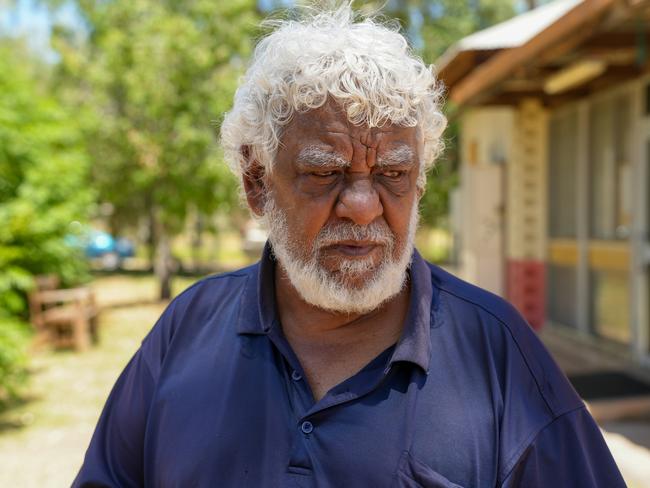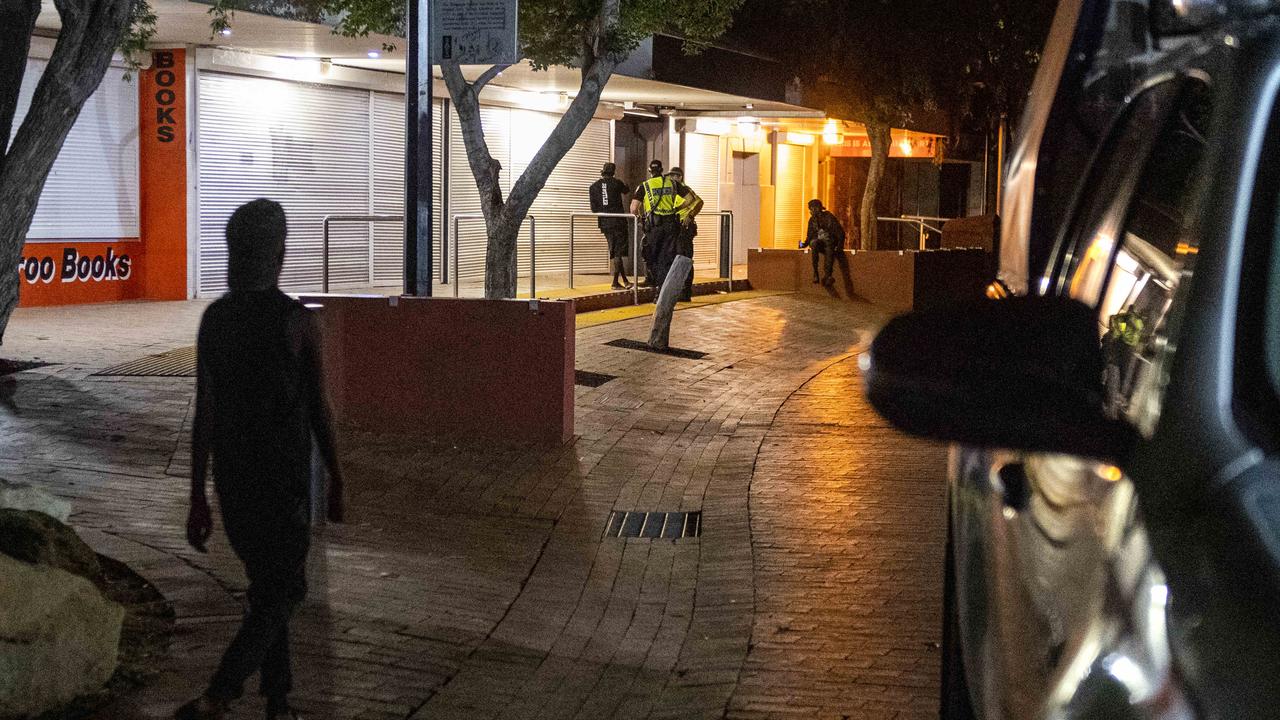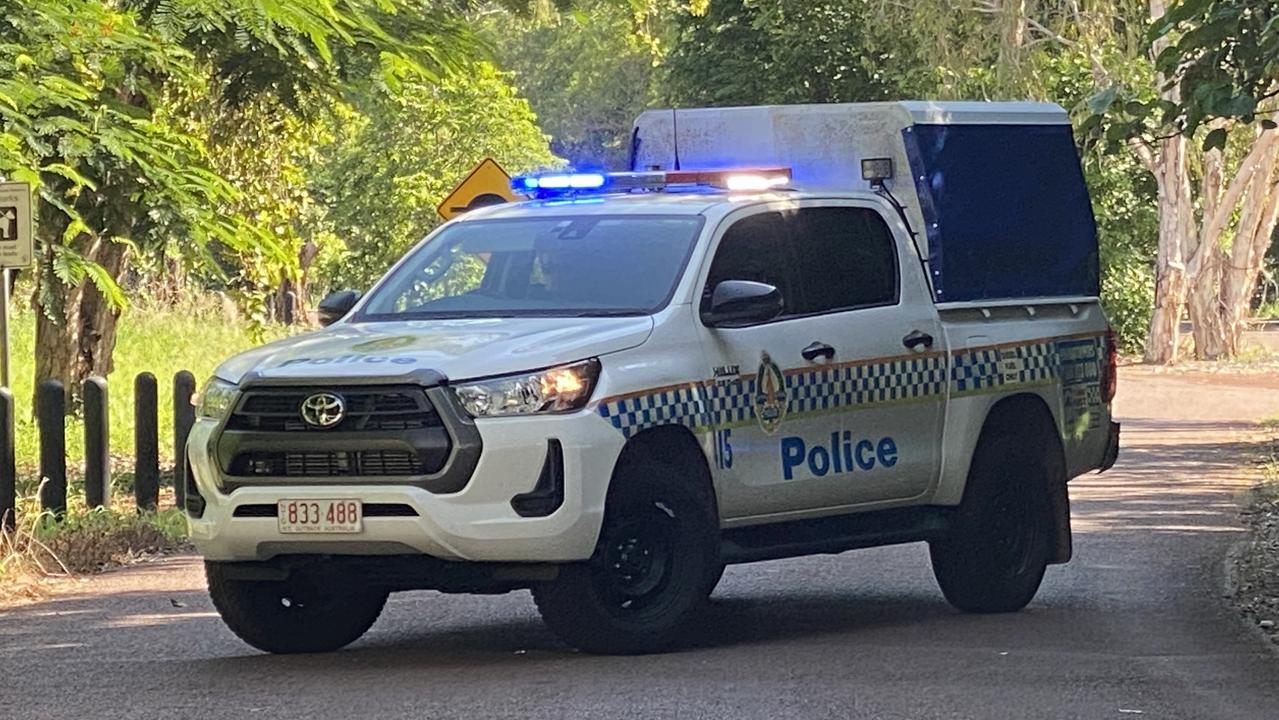Efforts to Close the Gap doomed unless governments overhaul approach, Productivity Commission warns
Indigenous youth incarceration rates, employment and health outcomes will continue to go backwards without a radical shake-up, report warns.

Northern Territory
Don't miss out on the headlines from Northern Territory. Followed categories will be added to My News.
The Northern Territory’s commitment to improve outcomes for First Nations people is doomed without a radical shift in the way things are done, a damning report has warned.
The final report of the Productivity Commission’s first three-yearly review of government action on the Closing the Gap agreement found governments had “failed to fully grasp” the nature and scale of change required to meet the obligations they signed up to.
The Commission said it was “too easy” to find examples of government decisions that contradict commitments and that “exacerbate, rather than remedy, disadvantage and discrimination” – pointing to the Territory’s tough youth bail laws as a “stark” example.

The NT is going backwards on nine Closing the Gap targets, including youth incarcerations rates, life expectancy, childhood development, and employment.
Nationally, just four of the 19 socio-economic targets are on track.
Alice Springs Arrernte man and 2023 NAIDOC Male Elder of the Year William Tilmouth said the statistics were “damning”.
“It just keeps going in the same direction,” Mr Tilmouth said.
“The system is stuck at the crisis driven end, as opposed to prevention. We do not want to be the ambulance at the bottom of the cliff, downstream. We want to be working upstream preventing the crisis before it can occur.”

A survivor of the Stolen Generations and chair of Children’s Ground, the battle to improve Indigenous child removal rates – currently getting worse – was particularly personal for Mr Tilmouth.
“At the age of five my mother passed away and welfare swooped. The light-skin ones went south and the dark-skin ones went north, and that was the conveyor belt. My life from then was institutionalised,” Mr Tilmouth said.
“I understand the confusion these children are going through, having to forsake who they are to thrive, instead of being with family. I think it’s an appalling state-of-affairs and it needs to end.
“It hurts. But we’ll keep shaking the branches and trying to bring about change.
“There needs to be a massive systems change where control is relinquished back to communities. We have solutions that will work. The days of being dictated to and told what’s best for us must be in the past. We are calling for real partnership with government.”

The Productivity Commission report found governments were inconsistent on which issues they decided to consult on, and when.
Both the Northern Land Council and Central Australian Aboriginal Congress raised the sunsetting of Stronger Futures alcohol bans as an example of this in the NT.
While the end date of the Stronger Futures policy was known in 2012, the NLC said it was first engaged about options six months prior to the lapse, and the NT’s replacement measures were legislated just weeks before the alcohol bans lapsed.
“Aboriginal people were only belatedly consulted on arrangements on alcohol. There was not deep consultation,” the NLC said in its submission.
Congress said it was one of many community organisations that gave the prescient warning “there would be a wave of alcohol fuelled violence, much of it directed at Aboriginal women” unless different action was taken.
Aboriginal Peak Organisations Northern Territory said the overwhelming message from its members was “that the structural and transformative aims” of the National Agreement on Closing the Gap were “simply not being met”.
“Government agencies are still resistant to change that promotes Aboriginal self-determination in principle and practice,” it said.
Originally published as Efforts to Close the Gap doomed unless governments overhaul approach, Productivity Commission warns





